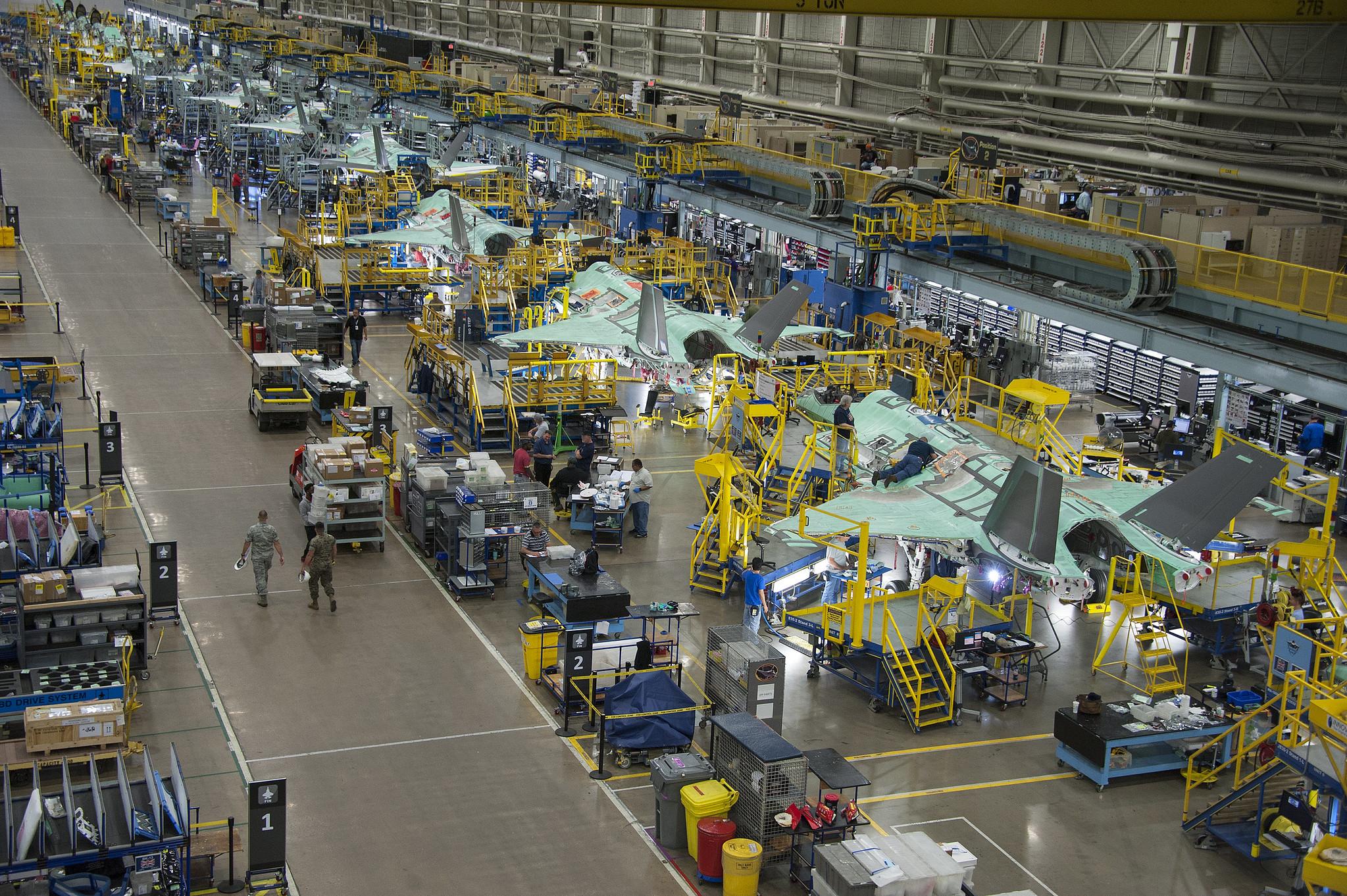
President Donald Trump signed a $2.2 trillion stimulus bill into law March 27, aimed at shielding the U.S. economy from damage done by COVID-19-related closures, and that will also provide assistance to the aerospace and defense industry.
In addition to giving businesses numerous incentives to retain employees, the act offers $17 billion in loans and loan guarantees to national security contractors such as Boeing, which had appealed to Congress for $60 billion in relief for itself and its suppliers.
The Coronavirus Aid, Relief and Economic Security (CARES) Act does attach strings to the loans, restricting companies that accept the money from share buybacks, making increases to executive compensation and instituting layoffs.
In a statement issued March 26, Boeing said its CEO and board chairman are giving up their pay, and that the company is extending its dividend and will pause share repurchasing “until further notice.”
The law also provides $10.5 billion in new defense spending – primarily for personnel and operations – along with $2.5 billion aimed at maintaining the industrial base.
The act “confirms that there is no risk that fiscal 2020 and prior appropriations would be raided to pay for pandemic response costs,” said Byron Callan of Capital Alpha Partners in a note to investors. But he cautioned that analysts and planners have to factor the changes made by the new law when looking toward budgets for fiscal 2021 and beyond.
Another stimulus package is likely to follow in April or May, which may include additional funding for defense, Callan added.
Industry groups cheered passage of the act. “We encourage federal government officials and lawmakers to continue to support the aerospace and defense industry through the duration of the pandemic and to ensure sector stability during the economic recovery phase,” the American Institute of Aeronautics and Astronautics said. “The aerospace and defense contribution to the economy on the other side of the COVID-19 crisis will be crucial for restarting and building the economic engine to its pre-crisis momentum.”
The legislation offers “tools and incentives” that will provide support to many small businesses and the supply chain, said Eric Fanning, president and CEO of the Aerospace Industries Association.
David Berteau, president of the Professional Services Council, which represents federal government contractors, is looking to the future, saying that as the impact of the pandemic continues, the council will focus on keeping the government working, keeping contractors working and ensuring that contractors and their employees are paid.
Lockheed Martin President and CEO Marillyn Hewson made a related announcement about the company’s plan to help with COVID-19 relief, saying it will advance $50 million to small- and medium-sized suppliers, donate $10 million to non-profit COVID-19 relief organizations and set aside a $6.5 million relief fund for its own employees.
The company also will offer engineering and technical assistance to government officials, and donate corporate aircraft and vehicles for logistical support, facilities for medical supply storage, distribution and COVID-19 testing.
“Finally, during this time of economic uncertainty, we will continue our planned recruiting and hiring,” Hewson said. “Given the requirement for social distancing, Lockheed Martin will deploy virtual technology and other techniques to sustain our hiring activity during this crisis period.”




